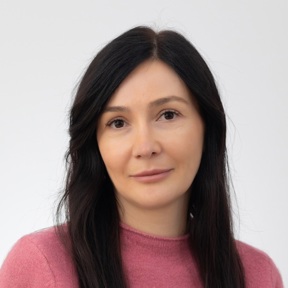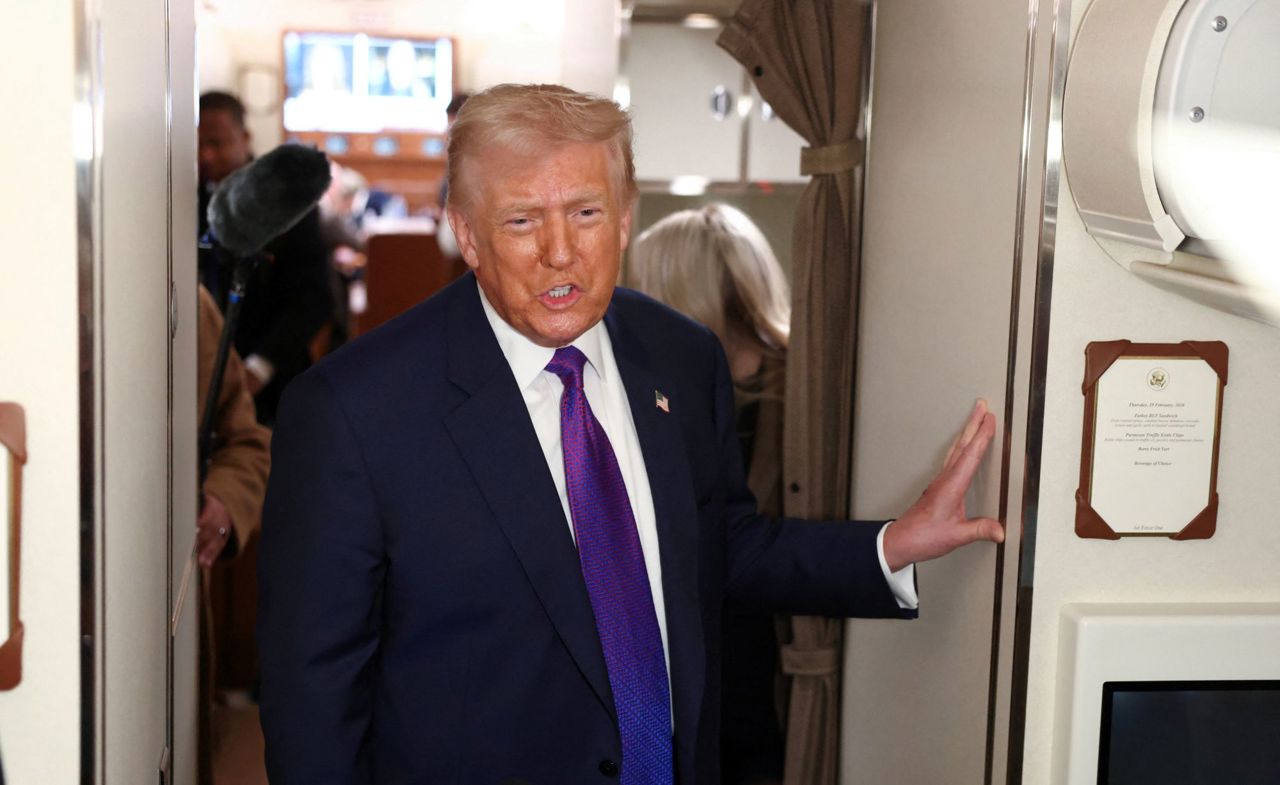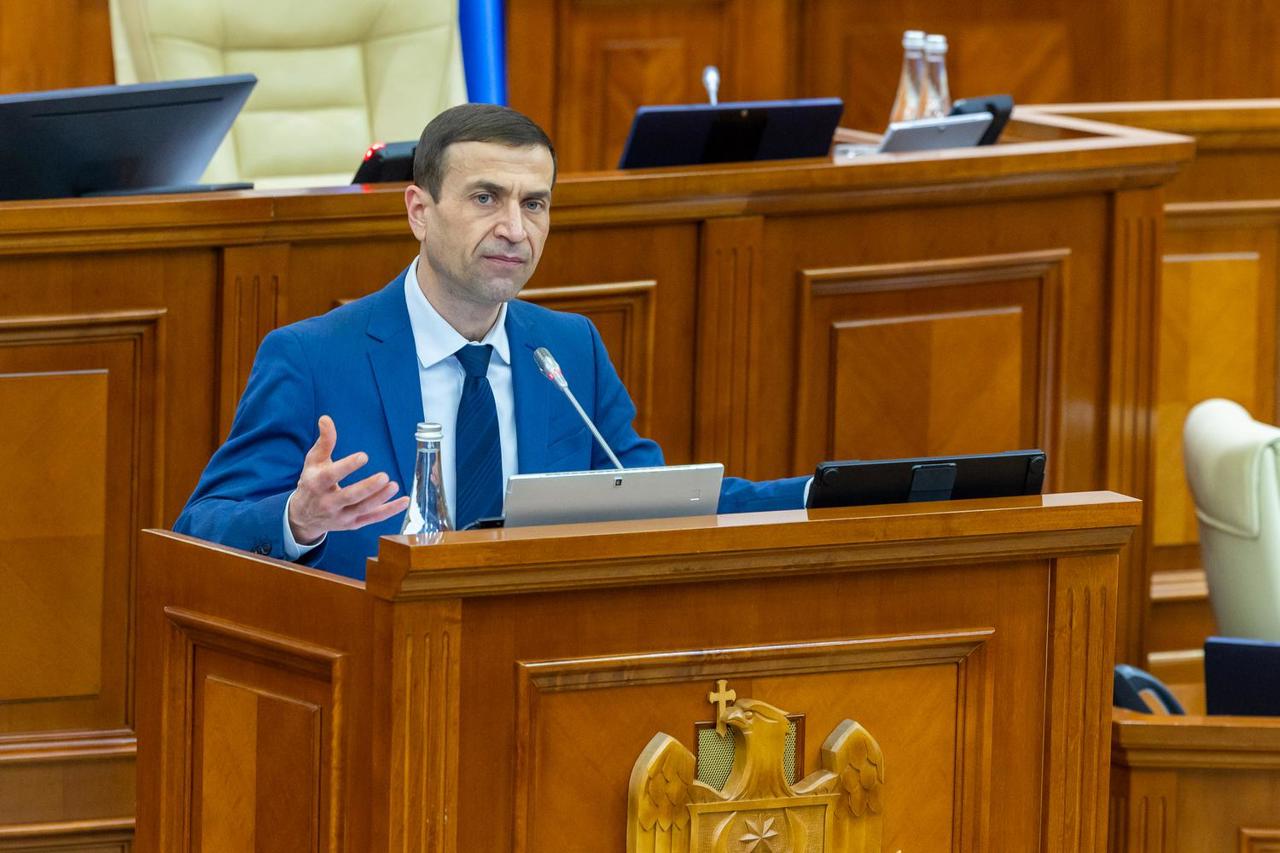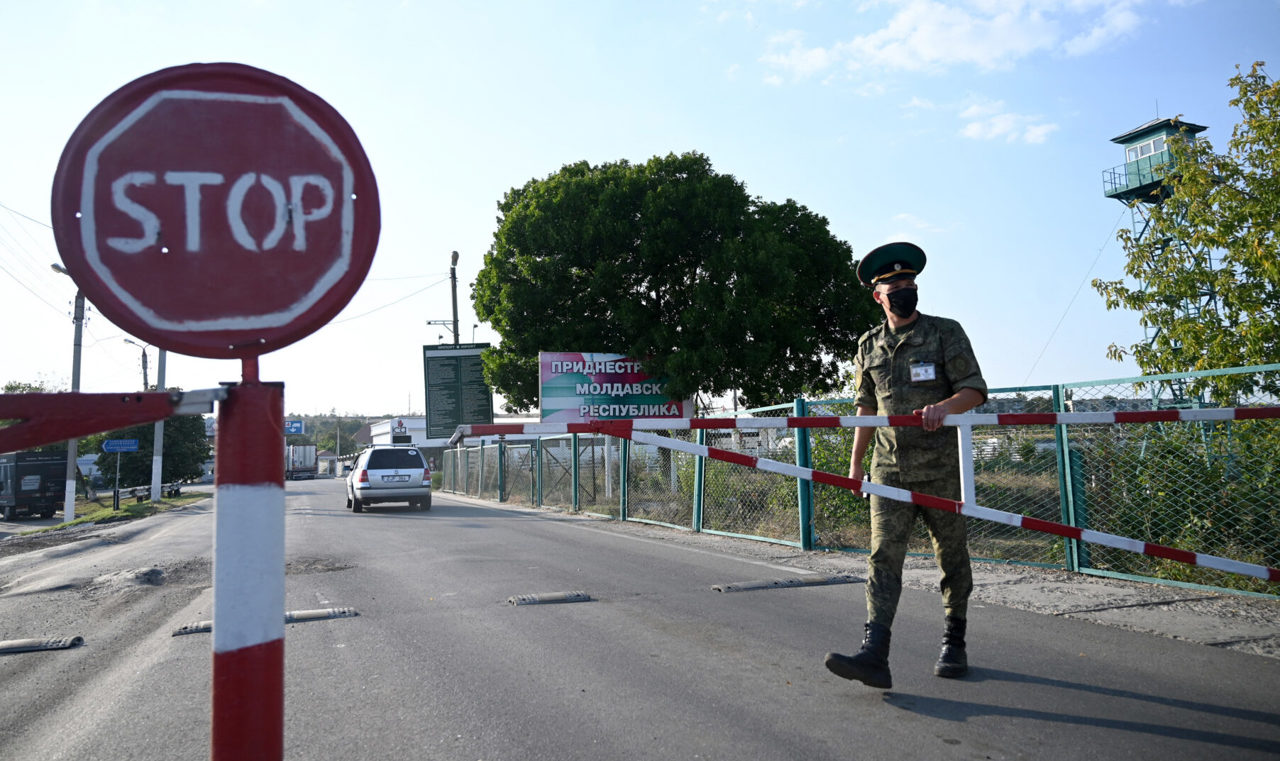Moldova's EU Referendum: Divided Nation, Uncertain Future
The upcoming referendum on Moldova's EU membership has ignited a heated debate, with the parliamentary opposition expressing strong reservations and the ruling party viewing it as a crucial step towards clarity and legitimacy.

Opposition lawmakers from the Communist and Socialist Bloc (BCS) remain critical of the plebiscite, scheduled to coincide with the presidential election this fall. They question the referendum's legality, citing concerns about its potential impact on the election and the validity of the vote itself.
"Holding the referendum and election simultaneously raises legal and procedural doubts," declared Grigore Novac, a BCS deputy. "Furthermore, such a crucial decision shouldn't be made after negotiations have begun. A separate, dedicated referendum, free from electoral noise, would have been the proper course of action."
The Action and Solidarity Party (PAS), which proposed the joint referendum, stands firmly behind the initiative. "This referendum will offer definitive clarity on our country's direction," asserted Oazu Nantoi, a PAS lawmaker. "Public participation will dispel doubts and silence internal critics who exploit the ambiguity surrounding our European aspirations."
Nantoi dismissed concerns about the referendum influencing the election, emphasising its role in silencing misinformation and solidifying public support for EU integration. "We need this referendum to cut through the demagoguery and demonstrate the will of the Moldovan people," he concluded.
President Maia Sandu, who initially proposed the referendum in her three-year mandate message, reiterated her support for the initiative. The amendment enabling the joint polls recently passed parliament, further solidifying the government's stance.
The Constitutional Court is currently reviewing a petition filed by the BCS challenging the referendum's legality. The court's decision will hold significant weight in determining the fate of this potentially game-changing vote.
Translation by Iurie Tataru





